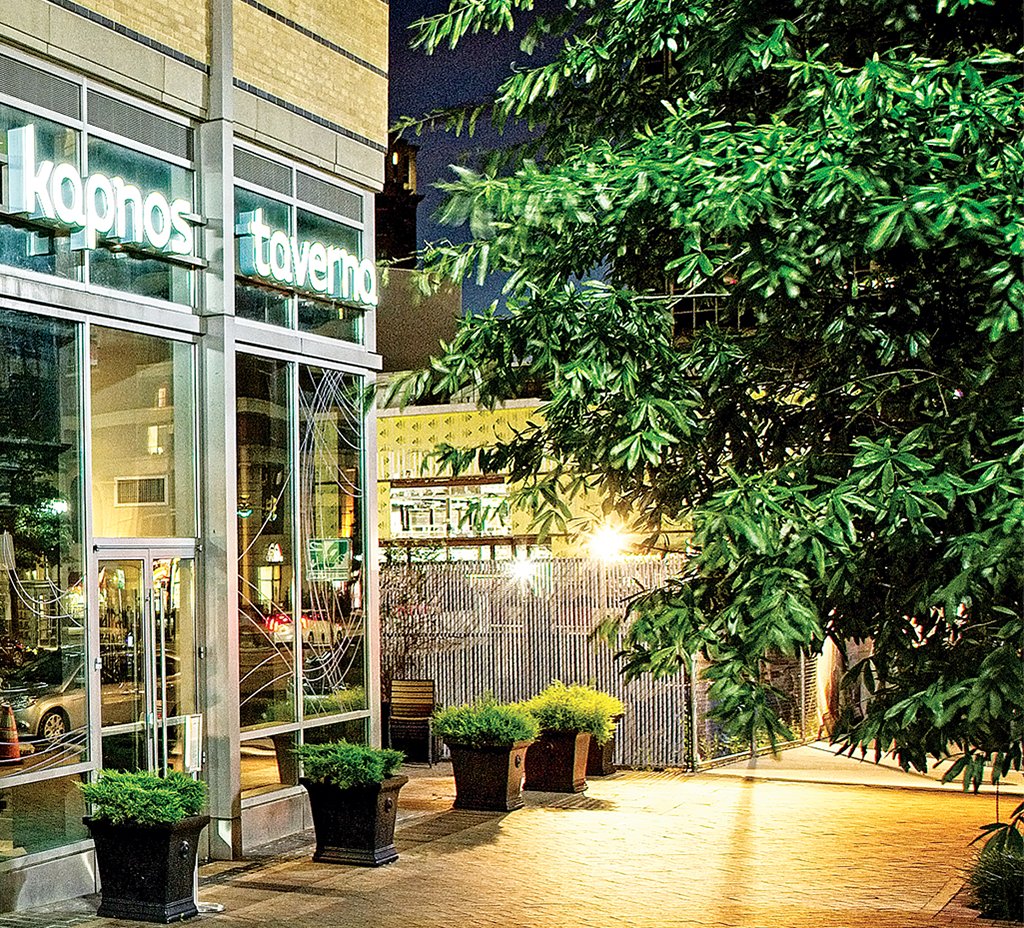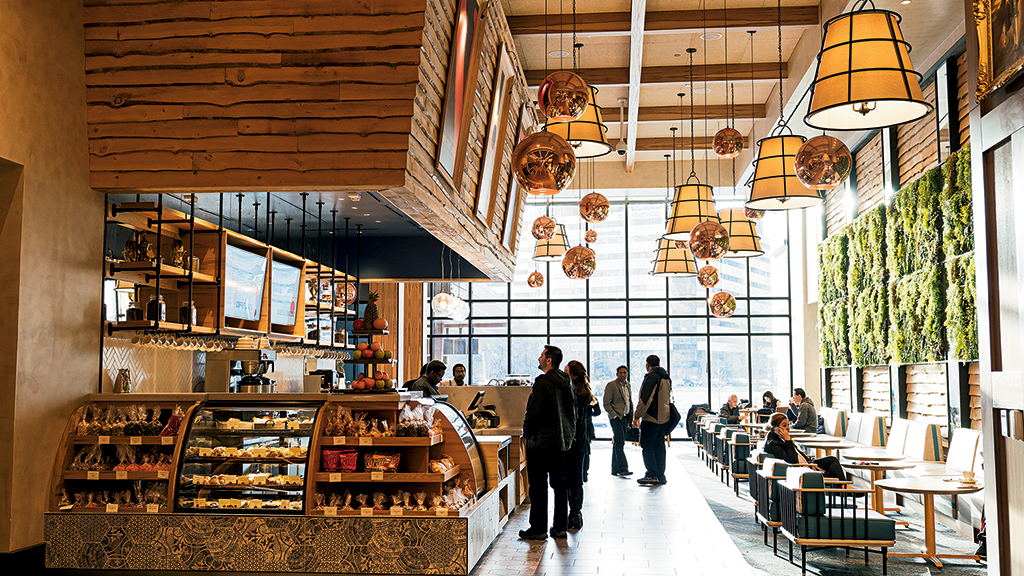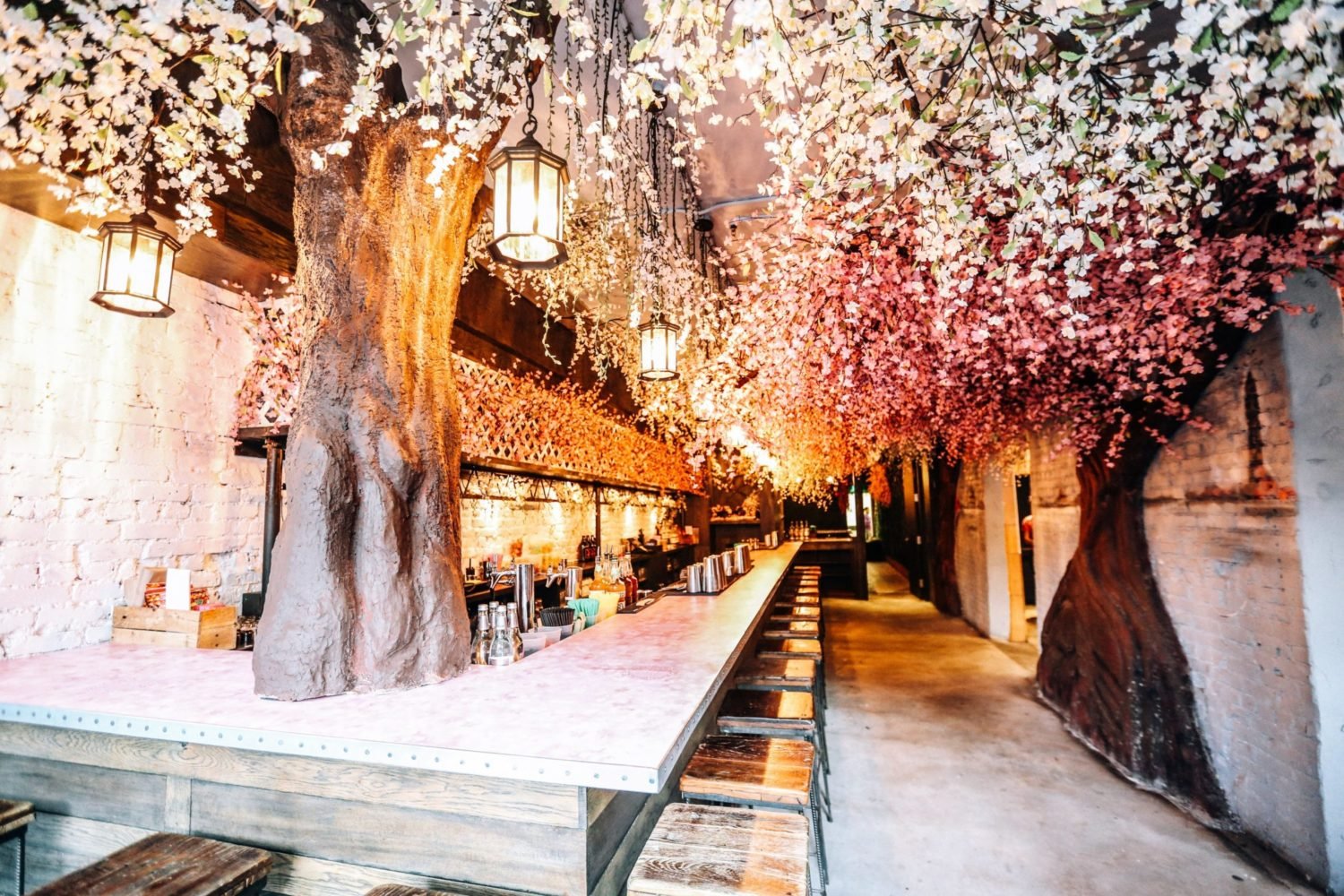In an average week, Mike Isabella fields three to five real-estate offers. Never mind that he’s not even looking for property right now—the chef/restaurateur behind Graffiato, Arroz, and other dining rooms is constantly being wooed by landlords and brokers hoping to add some cachet to their condos, office buildings, or hotels.
After all, a hip eatery might be one of the reasons someone buys a condo in an up-and-coming area or might be among the amenities that help justify a law firm’s high rent. It might even be the catalyst a developer needs to make its neighborhood the next 14th Street corridor.
But with so many shiny new buildings popping up, landlords are getting more aggressive, offering restaurateurs such perks as heavily discounted initial rent or occasionally even a free restaurant build-out. Developer PRP Real Estate Investment Management is dropping about $10 million to bring the celebrity sushi spot Nobu to its West End condo building.
Isabella says these sweetheart deals have helped him expand, at times without other investors. They’re part of the reason he opened a trio of eateries—Yona, Pepita, and Kapnos Taverna—in Ballston.
But the bargains don’t work out for everyone. “Getting these great deals is like enabling a drug addict—then the restaurateur almost can’t say no,” says restaurant real-estate broker John Asadoorian. “They may have overlooked a lot of the concerns they had, because a lot of the risk was taken out of the equation.”
Specifically, many of these deals happen in areas with low density and foot traffic. (Think Ivy City, a once-industrial neighborhood in Northeast DC.) No matter what the rent, operating can be awfully expensive while you wait for the surrounding area to arrive.
Even if the financial toll is lessened, the risk to reputation remains. Jeff Black, who owns Pearl Dive Oyster Palace and Black’s Bar & Kitchen, among others, says he had one offer to open a Silver Spring spot with three years of no rent. He passed: “I’ll have three great years, and I’ll have two years of sucking wind and trying to Band-Aid it together, and then I’ll have to close the store, and that reflects poorly on me and my brand.”
This article appears in the September 2017 issue of Washingtonian.


















